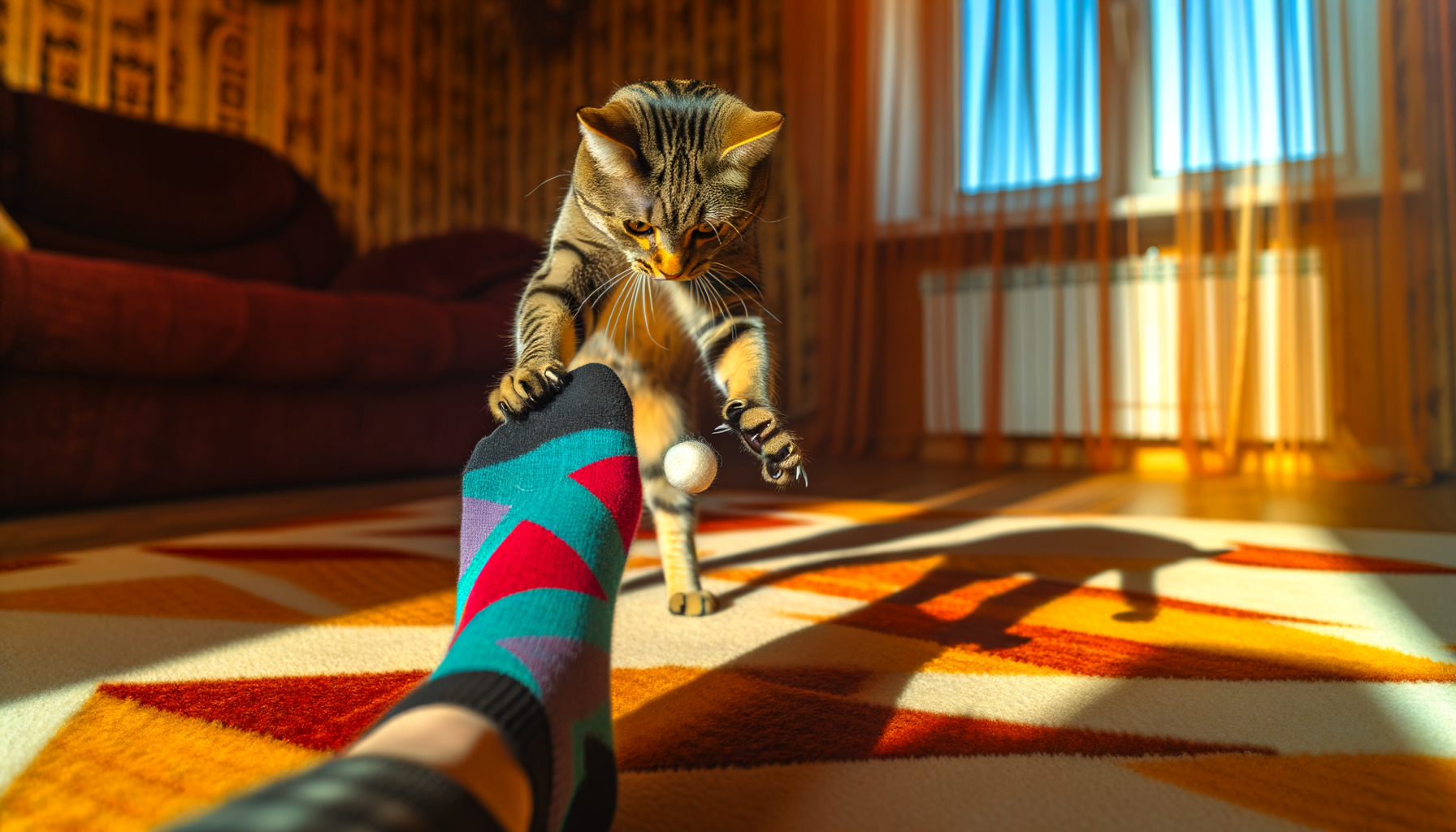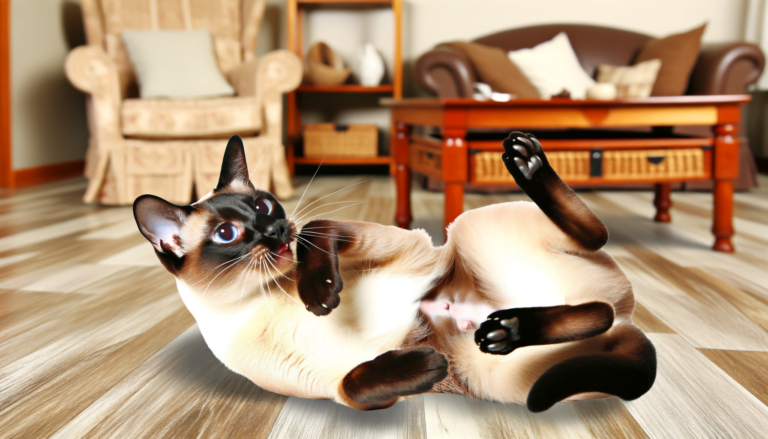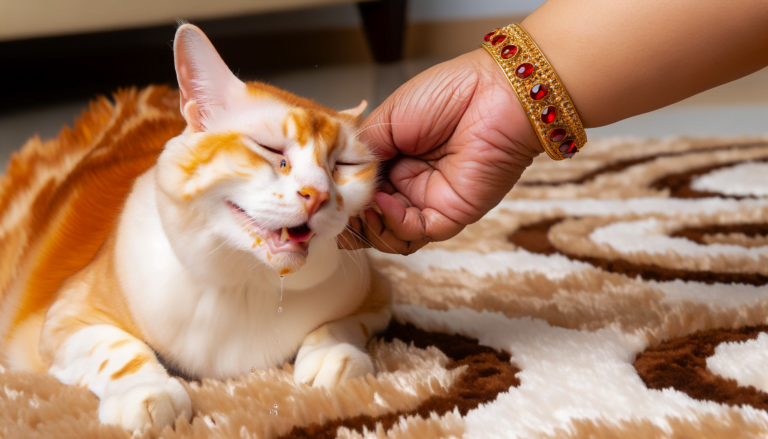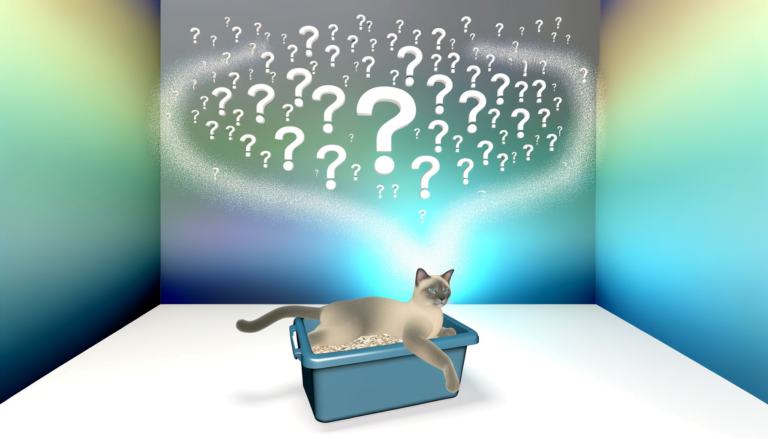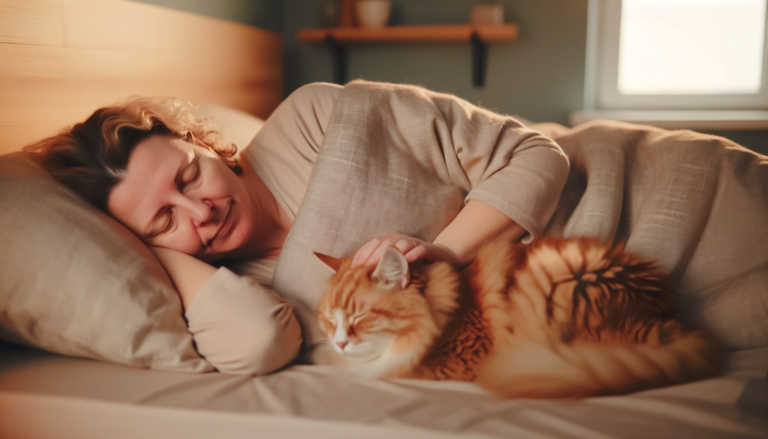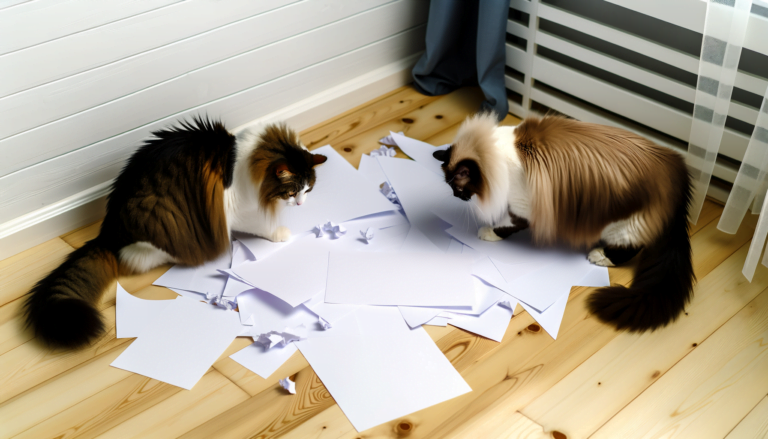Unveiling Feline Antics: Understanding Why Cats Pounce on Feet
Cats attack feet primarily due to their instinctual predatory behaviors. In the wild, cats are hunters, and your moving feet can trigger their innate drive to chase and catch prey. Additionally, in domestic settings, play and social interactions are often substituted for hunting activities. Therefore, to your cat, pouncing on your foot is not much different from catching a mouse or bird. It’s their way of interacting with their environment, practicing their hunting skills, and releasing pent-up energy. Understanding this behavior is crucial to providing a stimulating environment for your feline, one which caters to their natural instincts and keeps them active and healthy.
Effects of Territorial Aggression in Cats
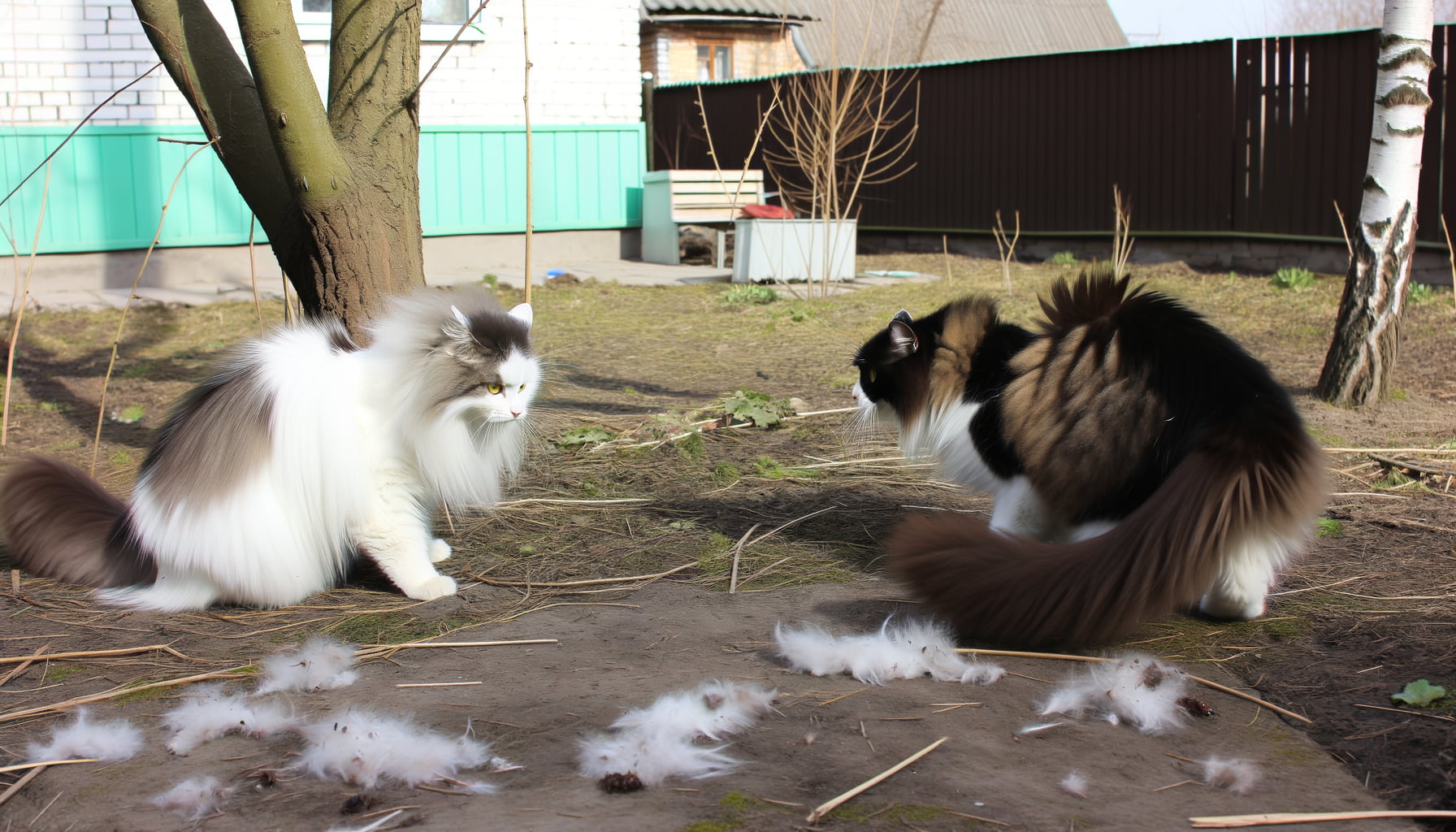
Human cohabitation with domestic cats occasionally teeters between peaceful companionship and unpredictable territorial aggression, especially with certain feline individuals. Cats, being naturally territorial creatures, exhibit acts of hostility when their sense of territory is threatened.
This behavior often leads to the cats’ notorious tendency to pounce on feet. When a feline’s territorial instinct feels jeopardized, their reflex action involves demonstration of their authority, which can sometimes be misaimed toward human feet. Unwittingly, one simply walking across a room may invoke a cat’s territorial defense response.
Understanding this aspect of cat behavior fosters a better bond between owner and pet, and facilitates effective measures to manage such seemingly aggressive actions. By respecting a cat’s need for territorial security, one reduces the instances of feet attacks and builds more harmonious interactions with the feline family member.
Strategies to Discourage Cats from Attacking Feet
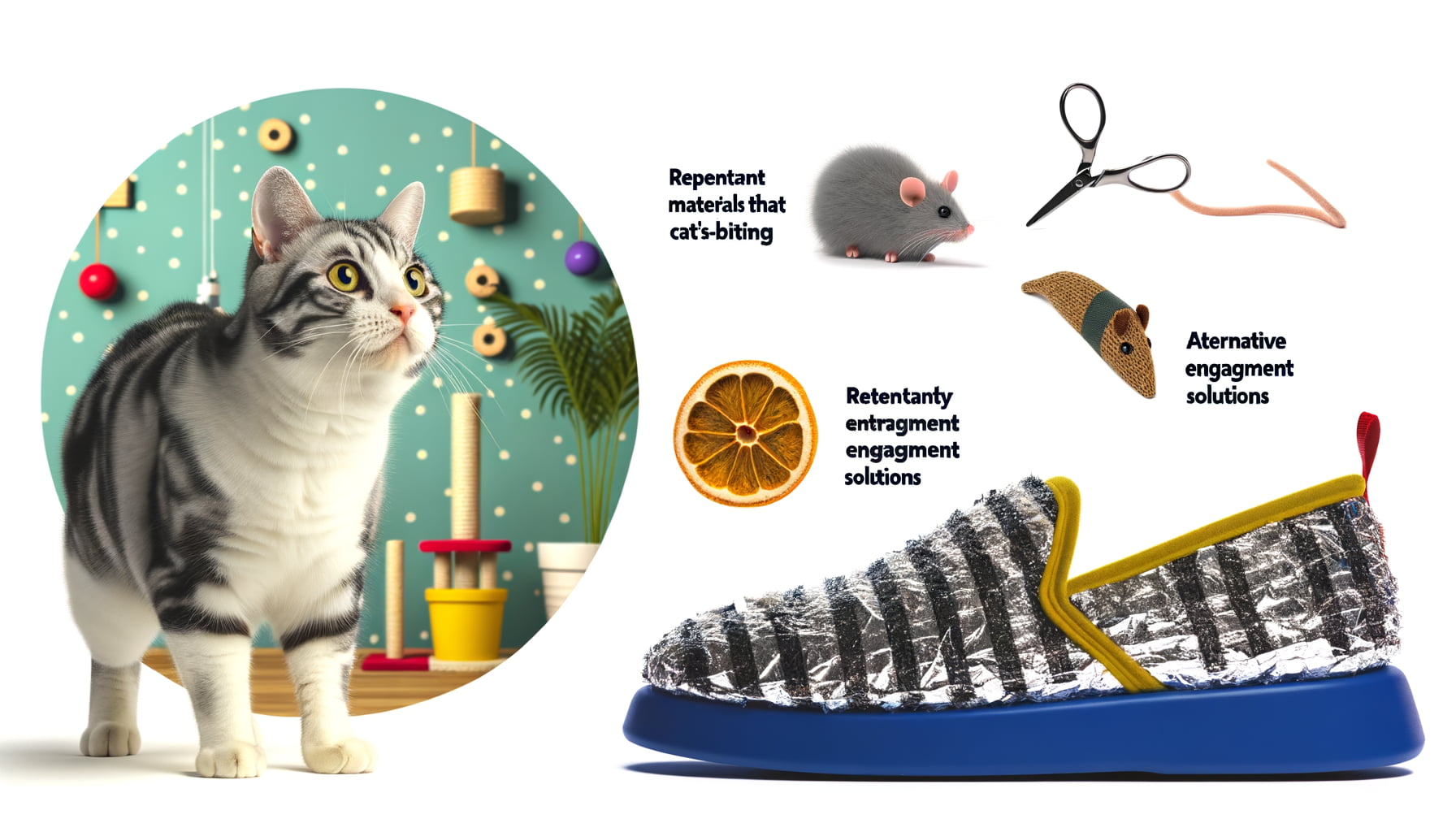
It’s important to channel the hunting instincts of our feline companions in a healthy way to discourage them from attacking feet. One effective tactic is to substitute human feet with interactive toys that move unpredictably. These provide a safer outlet for a cat’s natural hunting instincts without causing discomfort to their human playmates.
Another strategy is to adhere to a consistent play schedule. Regularly scheduled playtimes allow cats to vent their energy effectively, diminishing their desire to pounce on feet. A simple 15-20 minute play session twice a day is a practical solution for most indoor cats.
Lastly, consider providing a high perch for your cat. Cats naturally seek high spots for surveillance, and the activity of climbing also fulfills their hunting drive. A cat tree or a window perch can suffice. These strategies, when combined, create a healthy environment that caters to a cat’s instincts while keeping human feet safe.
Understanding Cat Behaviour: Attack as Play
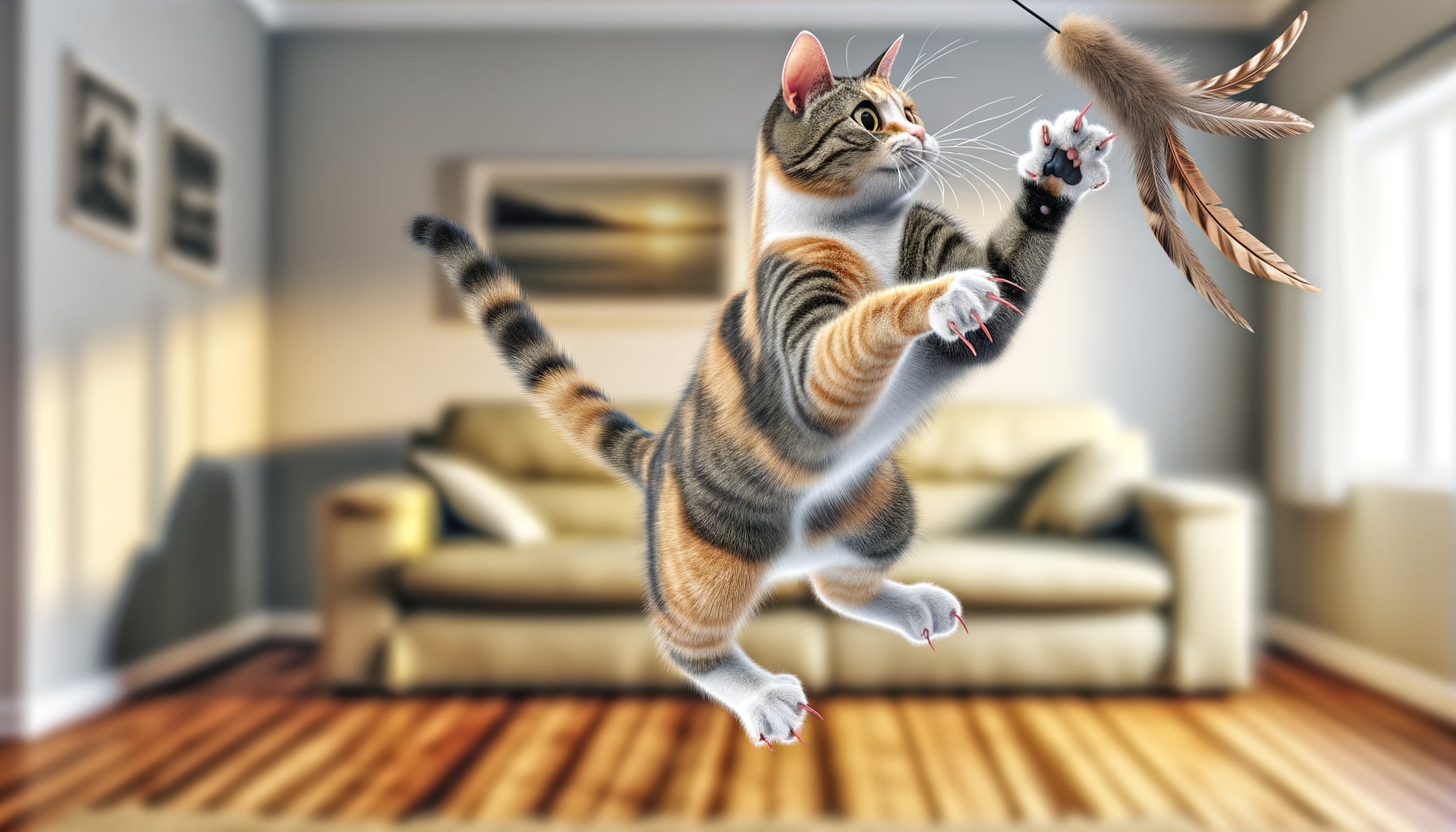
When investigating feline antics, it’s imperative to understand the context of ‘attack as play’. Cats, notably those in their juvenile stages, commonly engage in playful attacks as part of their development and social interaction. Engaging in seemingly aggressive activities, such as pouncing on human feet, helps kittens hone their hunting skills while simultaneously providing physical engagement and mental stimulation.
Understanding this behaviour is crucial to establish healthy boundaries and promote well-being amongst our feline friends. It’s key to remember that while it might appear aggressive or abrupt, this behaviour is typically harmless and playful. Nonetheless, it’s necessary for cat owners to ensure it doesn’t evolve into more aggressive actions that could potentially cause harm.
Despite its potential for harm, ‘attack as play’ is not necessarily a cause for alarm. It’s an inherent part of a cat’s behaviour, reflecting their natural instincts. While it may be disruptive or unexpected for human companions, interpreting this behaviour allows insight into the feline world, enabling better communication and mutual understanding between humans and their feline companions.
The Hunting Instincts of Cats
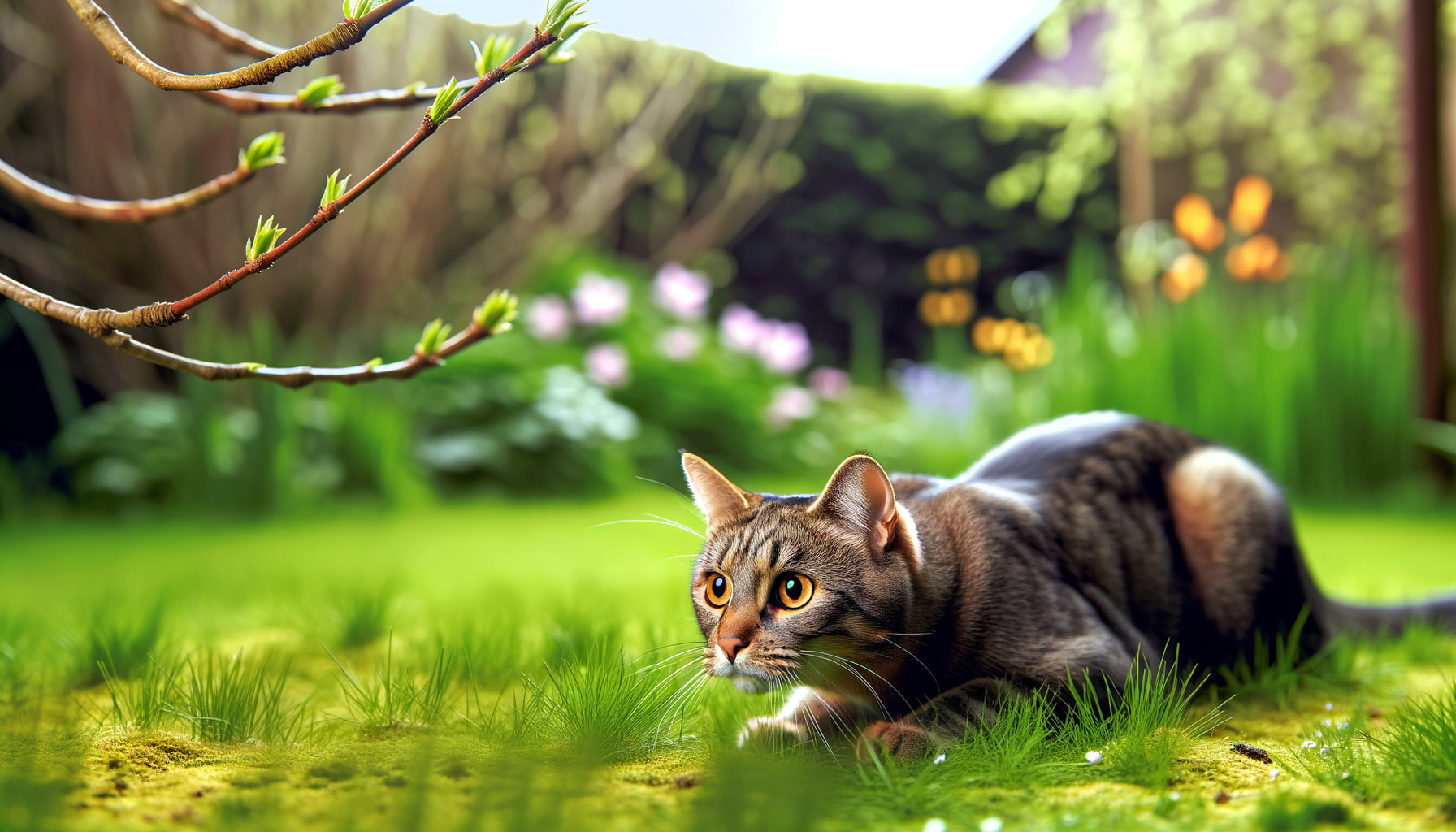
Unleashing the hunting instincts of our feline friends reveals an intriguing facet of their nature. Despite the comfort and care offered in human homes, cats maintain their predatory instincts. These instincts are a remnant of their wild ancestors and maintain their agility and alertness. The playful pounce on human feet is a diluted version of this predatory instinct, an adaptation to their surroundings.
In the absence of prey, these natural born hunters resort to the closest alternative – their loving human companions. An unseen foot moving under a blanket or a toe fluttering under the sheets stimulates the stalking and hunting instincts. A cat perceives them as ‘prey’, compelling it to leap, pounce, and often, mildly scratch. It’s their way of expressing their ancestral hunting prowess and agility.
Understanding this behavior can greatly help cat owners. Rather than perceiving it as a sign of aggression or defiance, it should be seen as an opportunity to engage and play with the cat. However, care should be taken to prevent the cat from associating human body parts with play ‘prey’. Fun cat toys that mimic prey-like movements can help channel these instincts in a safer and more appropriate manner.
Conclusion
Understanding the curious behavior of why cats pounce on feet reveals the playful nature of our feline companions. From kittenhood to adulthood, this instinctive behavior is a blend of hunting and playing, providing insight into their natural instincts and playful personalities.
By unraveling the mysteries behind feline antics, we gain a deeper appreciation for the unique bond we share with our furry friends. The next time your cat launches a surprise attack on your feet, remember it’s not just a playful gesture, but a glimpse into the fascinating world of feline behavior.
